
Data security, scenario planning, and sleeping well at night
Advancetrack outlines some of the first steps that an accountancy practice should take to manage internal IT security. We also chat to CTO Ian Gregory about Advancetrack’s approach to mitigating IT risk.

Shaping a Culture That Supports Smarter Information Governance
Many organisations invest significant time and effort developing information governance policies. They run training, communicate expectations, and secure leadership support. On paper, everything looks ready for success.

From Data Bog to Capacity Lake: Integrating Systems for AI-Ready Scheduling
Most firms are still somewhere on their cloud adoption journey, but whether fully on-prem, cloud, or a blend - key data about people, clients, and projects are not fully connected. This presents a missed opportunity in not using this data to improve how the firm runs. Not the cliche of “actionable insights” from reporting, but using the data operationally to deliver more work, with more profit.
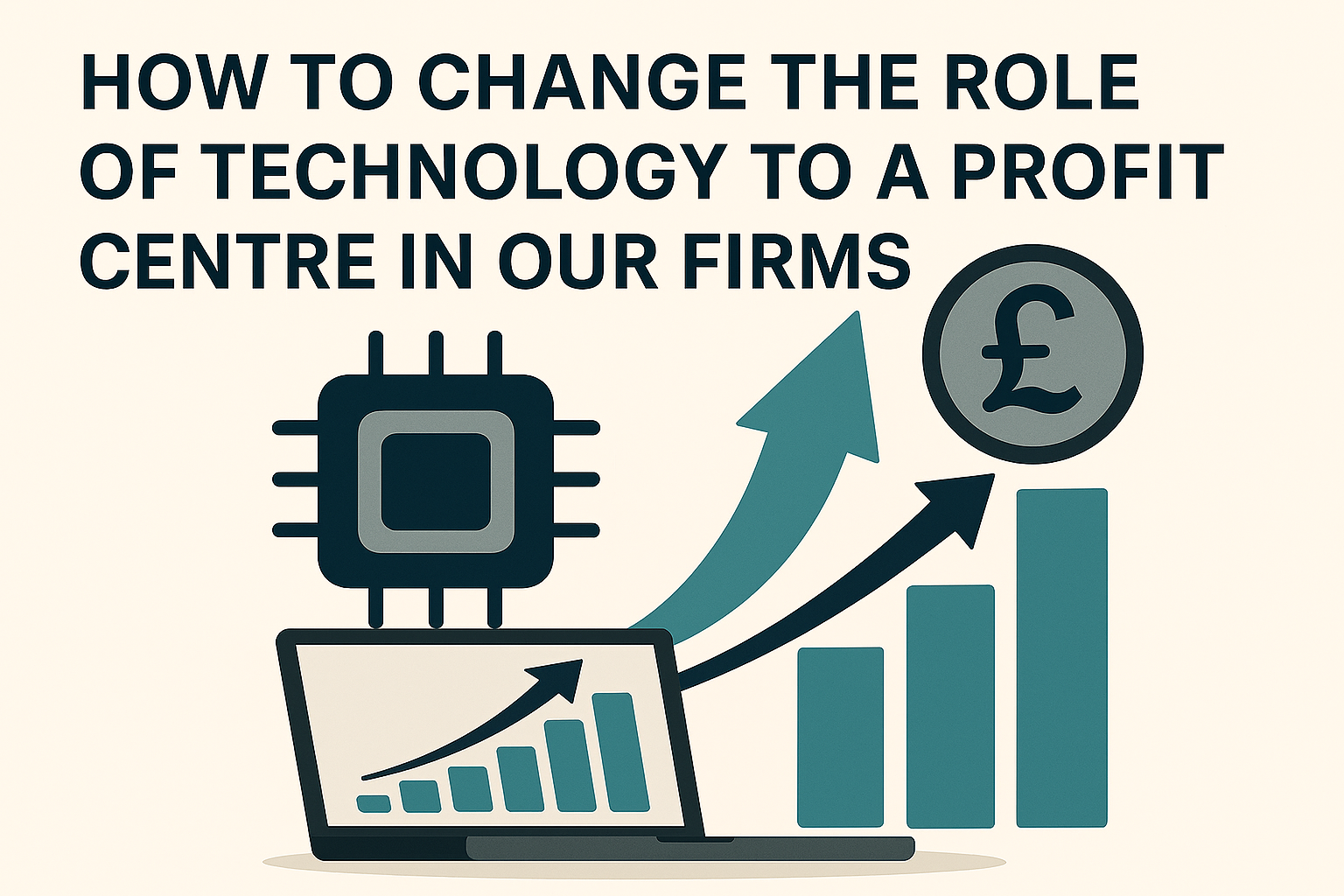
How to Change the Role of Technology to a Profit Centre in our Firms
Often our work involves looking at the structure of technology functions within firms, and so for this article I thought I’d share our current thinking on optimal arrangements. The example I am using is split-out for larger firms, but for smaller firms the approach remains valid, just with some roles collapsed to fewer people.
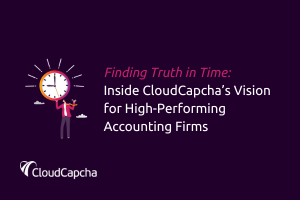
Finding Truth in Time: Inside CloudCapcha’s Vision for High-Performing Accounting Firms
CloudCapcha is inviting accounting leaders to rethink not just how time is captured, but what that data can reveal about performance, profitability and firm-wide efficiency.
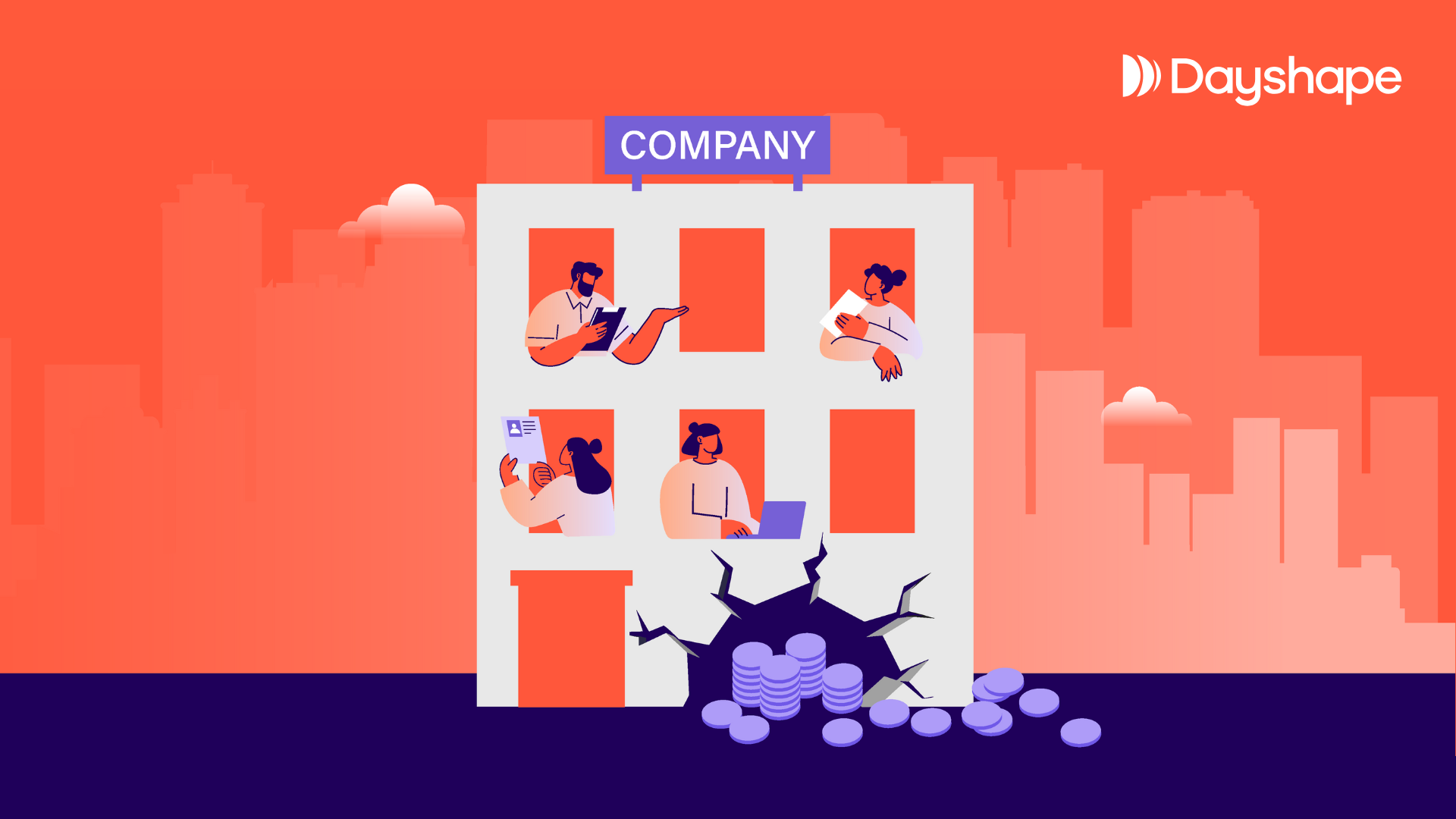
Internal blind spots threaten accountancy growth as firms fail to hit revenue targets
Professional services firms, including those in accountancy, are leaving growth on the table. Our latest report, Inside the leadership growth agenda reveals that one of the greatest threats to growth isn’t market volatility or client demand, but internal inefficiencies that can be controlled and fixed.

Cloud cost mistakes and how to avoid them!
Cloud costs have moved beyond IT and are now a board-level issue. As firms move more workloads to the cloud and adopt AI-driven services, spending is rising fast and becoming harder to predict.

%202.jpg)
.png)

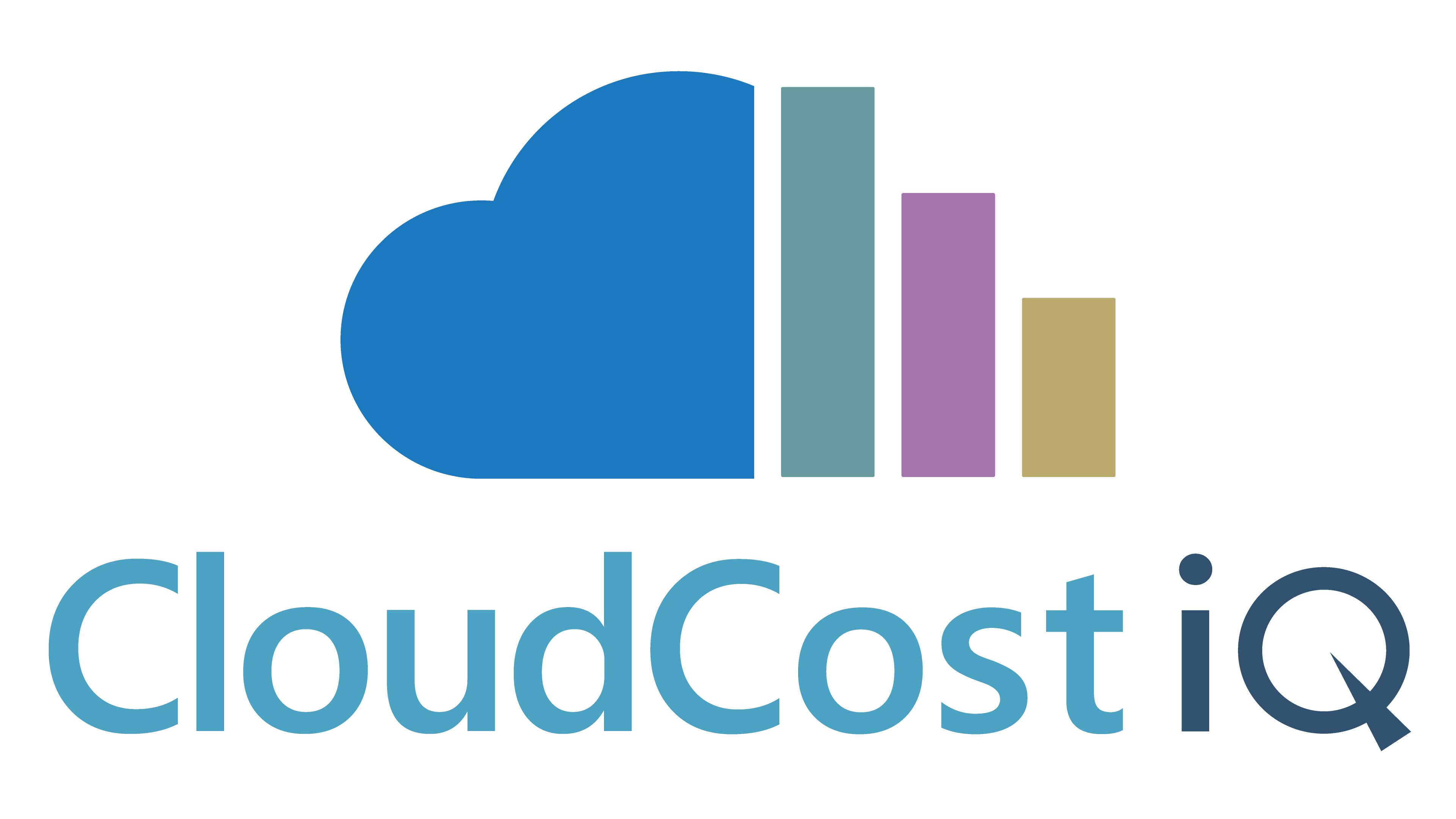

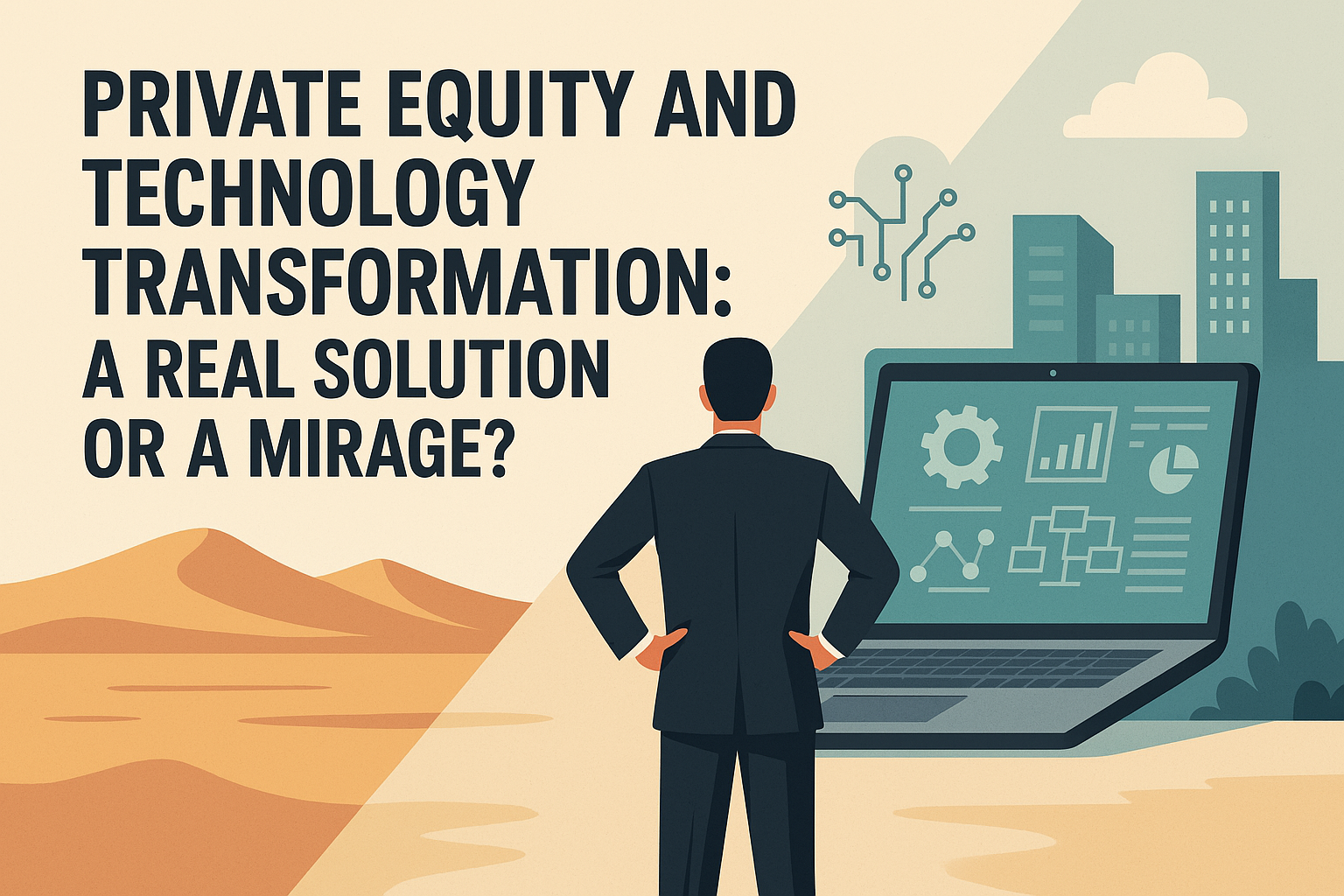


































































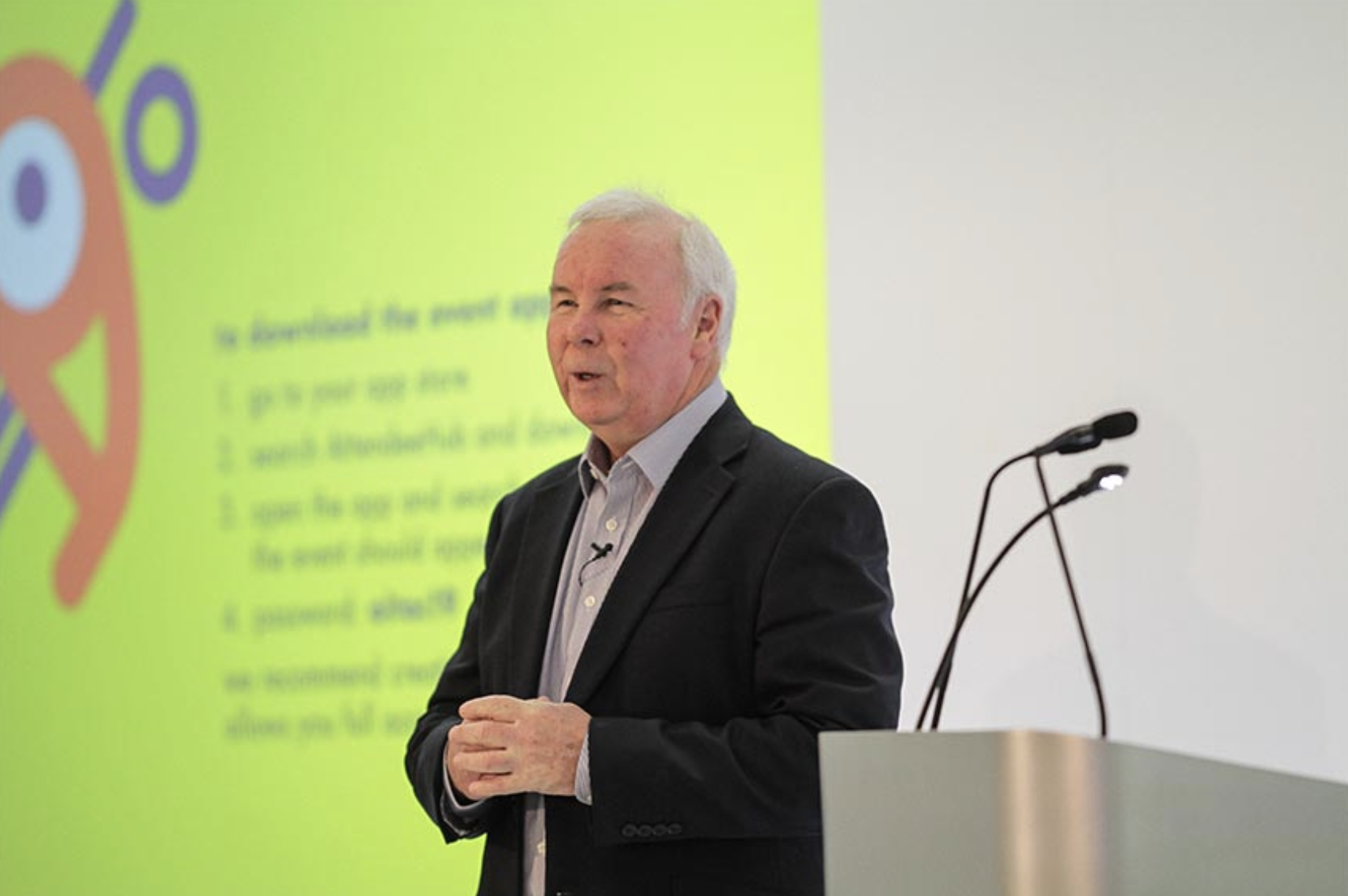


















cropped-white.gif)